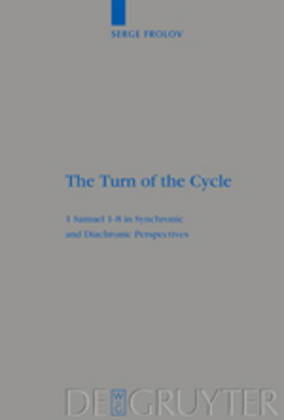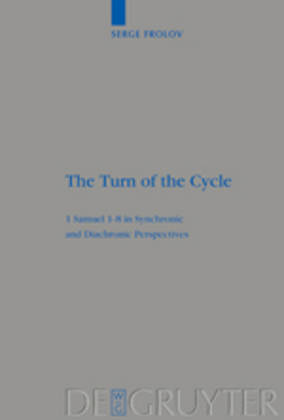
- Afhalen na 1 uur in een winkel met voorraad
- Gratis thuislevering in België vanaf € 30
- Ruim aanbod met 7 miljoen producten
- Afhalen na 1 uur in een winkel met voorraad
- Gratis thuislevering in België vanaf € 30
- Ruim aanbod met 7 miljoen producten
Omschrijving
The monograph produces a new interpretation of the opening chapter of 1 Samuel by combining several hermeneutical models, including the theory of chaotic (dynamically unstable) systems and the most recent, essentially post-modern, form criticism, to produce a new interpretation of the opening chapters of 1 Samuel. It argues that 1 Samuel 1-8 is an integral literary unit whose stance on such pivotal issues as monarchy and cultic centralization poorly agrees with that of the balance of Deuteronomy - Kings. In the diachronic perspective, this unit can be construed as a post-Deuteronomistic redactional interpolation polemically directed against several planks of the Deuteronomic/Deuteronomistic agenda. In the synchronic perspective, the pattern of relationship between 1 Samuel 1-8 and the balance of Genesis - Kings calls for a non-linear, multi-dimensional reading of the corpus. Both interpretational trajectories lead to the conclusion that the thrust of the Former Prophets in its final form is controlled to a considerable extent by non-Deuteronomistic elements.
Specificaties
Betrokkenen
- Auteur(s):
- Uitgeverij:
Inhoud
- Aantal bladzijden:
- 289
- Taal:
- Engels
- Reeks:
- Reeksnummer:
- nr. 342
Eigenschappen
- Productcode (EAN):
- 9783110181234
- Verschijningsdatum:
- 26/07/2004
- Uitvoering:
- Hardcover
- Formaat:
- Genaaid
- Afmetingen:
- 156 mm x 234 mm
- Gewicht:
- 585 g

Alleen bij Standaard Boekhandel
Beoordelingen
We publiceren alleen reviews die voldoen aan de voorwaarden voor reviews. Bekijk onze voorwaarden voor reviews.











